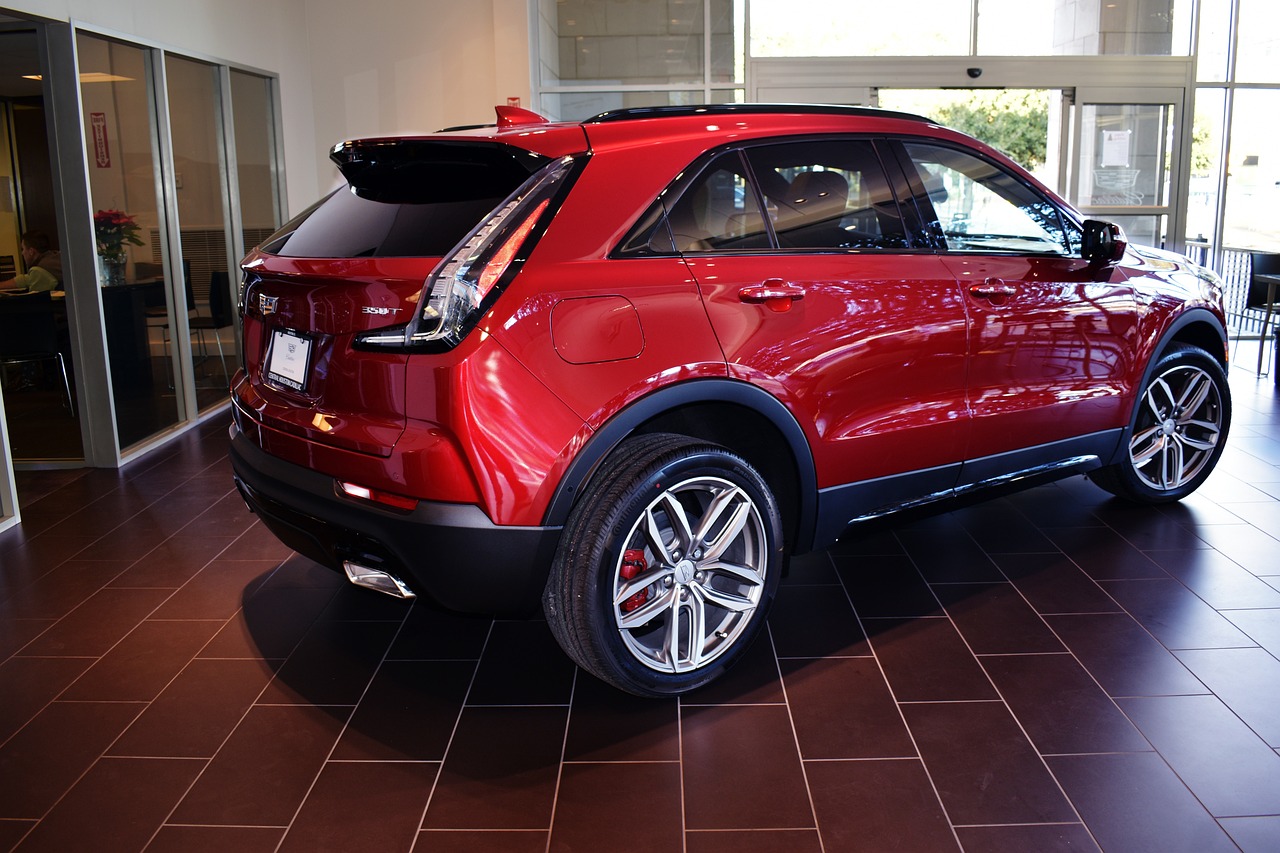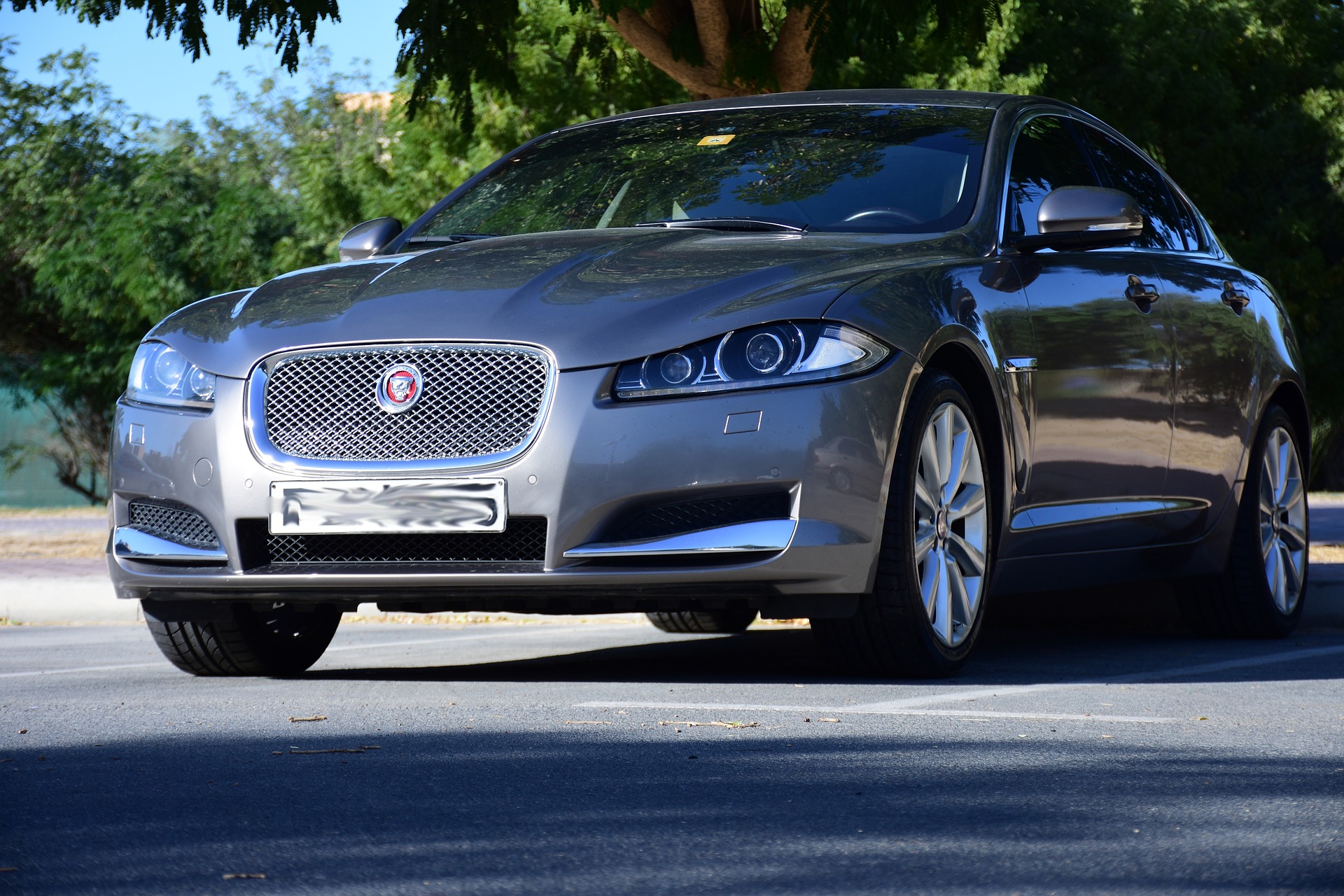Impact of Mileage on Used Car Value: Decoding the Relationship
When buying a used car, one of the most critical factors to consider is the vehicle’s mileage. Mileage is an essential determinant of a car’s value as it indicates the amount of wear and tear the car has experienced throughout its life. Additionally, it is an excellent indicator of a vehicle’s remaining life, as cars with lower mileage generally last longer and are more reliable than those with higher mileage. However, understanding the relationship between mileage and a car’s value can be complex, as various factors can influence the value of a used car. This article will delve into the impact of mileage on used car value, discussing the relationship between these two factors and how carVertical reports can provide essential information on a vehicle’s mileage history.
The Relationship Between Mileage and Car Value
At its core, the relationship between mileage and a car’s value is rooted in the concept of depreciation. Depreciation refers to the decrease in a vehicle’s value over time, which occurs as a result of wear and tear, aging, and other factors. Mileage is one of the most significant drivers of depreciation, as it directly impacts the wear and tear a car experiences.
Generally, the higher the mileage on a car, the lower its value will be. This is because high mileage vehicles have been driven more, leading to more wear and tear on their components. Additionally, higher mileage cars often require more frequent repairs and maintenance, which can also decrease their value. Conversely, lower mileage vehicles are typically more valuable, as they have experienced less wear and tear and often have longer remaining life expectancies.
However, the relationship between mileage and car value is not always linear. Factors such as the car’s make, model, age, and maintenance history can also influence its value. For example, a well-maintained older vehicle with higher mileage may be more valuable than a poorly maintained, newer vehicle with lower mileage. Furthermore, some car models may retain their value better than others, regardless of mileage.
The Importance of carVertical Reports
Given the complexity of the relationship between mileage and car value, it is crucial to have accurate information about a vehicle’s mileage history when purchasing a used car. carVertical reports provide this essential information, allowing buyers to make informed decisions about the true value of a used car. carVertical is a blockchain-based platform that offers comprehensive vehicle history reports, including information on a vehicle’s mileage, previous owners, accidents, and more.
One of the most significant benefits of carVertical reports is their ability to detect odometer fraud. Odometer fraud, or “clocking,” is the illegal practice of altering a vehicle’s odometer to display a lower mileage than the car has actually traveled. This practice can significantly impact a car’s value, as buyers may be misled into paying more for a high-mileage vehicle that appears to have low mileage. carVertical reports can help detect odometer fraud by comparing the vehicle’s recorded mileage with data from various sources, such as service records, inspection reports, and even data from connected devices like GPS systems. If discrepancies are detected, the carVertical report will flag the potential odometer fraud, allowing buyers to avoid purchasing a car with inaccurate mileage information.
Additionally, carVertical reports can provide valuable context for understanding a car’s mileage history. For example, a vehicle with higher mileage may be more valuable if it has been driven primarily on highways, as highway driving tends to cause less wear and tear than city driving. carVertical reports may include information on the driving conditions the vehicle has been exposed to, helping buyers better understand the impact of the car’s mileage on its value.
Moreover, carVertical reports can also shed light on a vehicle’s maintenance history, which can further inform buyers about the relationship between mileage and car value. A well-maintained vehicle with higher mileage may still be a worthwhile investment, as regular maintenance can prolong the life of the car and reduce the impact of wear and tear. carVertical reports may include service records, inspection results, and information about any repairs the car has undergone, allowing buyers to evaluate the quality of care the vehicle has received over time. By examining a car’s maintenance history in conjunction with its mileage, buyers can gain a more accurate understanding of the vehicle’s true value and make informed decisions about their purchase.
Factors Influencing the Impact of Mileage on Car Value
As previously mentioned, several factors can influence the relationship between mileage and car value, which buyers should consider when evaluating a used car.
- Make and model: Some car makes and models are known for their durability and longevity, allowing them to retain their value better than others, even with higher mileage. For example, certain Toyota, Honda, and Subaru models are renowned for their reliability and ability to surpass 200,000 miles with proper maintenance. When considering a used car, it’s essential to research the specific make and model to understand how well it may retain its value, even with higher mileage.
- Age: The age of a car can also influence the impact of mileage on its value. Older vehicles with lower mileage may still be less valuable if they have outdated technology or lack modern safety features. On the other hand, newer vehicles with higher mileage may still be valuable if they have been well-maintained and come with desirable features.
- Maintenance history: As mentioned earlier, a car’s maintenance history plays a crucial role in determining its value. A well-maintained vehicle with higher mileage may be more valuable than a poorly maintained car with lower mileage, as regular maintenance can extend the life of the car and reduce the impact of wear and tear.
- Vehicle usage: The type of driving a vehicle has been subjected to can also affect its value. Cars that have been primarily driven on highways or in less congested areas may experience less wear and tear than those driven in cities or under harsh conditions. carVertical reports can provide information on a vehicle’s usage, allowing buyers to better understand the impact of mileage on its value.
- Accident history: A car’s accident history can significantly impact its value, regardless of mileage. Vehicles with a history of severe accidents may be less valuable, as they may have hidden damage or require costly repairs in the future. carVertical reports can provide information on a vehicle’s accident history, allowing buyers to avoid purchasing cars with significant damage.
Conclusion
Understanding the relationship between mileage and a car’s value is essential when purchasing a used car. While higher mileage generally leads to lower car values, factors such as make and model, age, maintenance history, vehicle usage, and accident history can also influence a vehicle’s value. carVertical reports provide crucial information on a car’s mileage history, maintenance records, and more, allowing buyers to make informed decisions about the true value of a used car. By utilizing carVertical reports and considering the various factors that impact car value, buyers can confidently purchase a used vehicle that meets their needs and offers the best value for their money.












